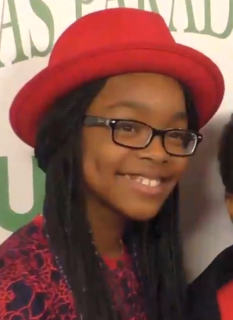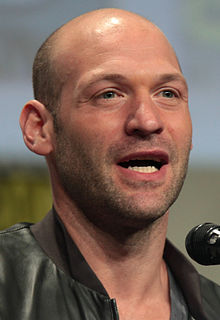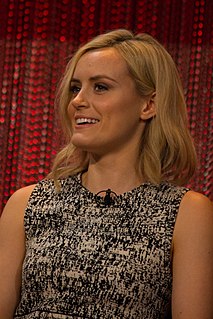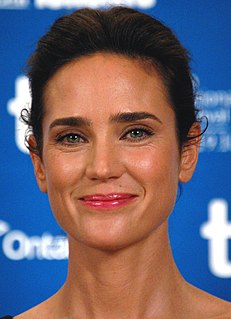A Quote by Karthik Subbaraj
I roughly draw the scene beforehand to be more confident on the set. Instead of talking and explaining certain things, I try to visually communicate the scene to my team with the story board. This is how I work.
Quote Topics
Related Quotes
Some things definitely work better on film than in books. Introspection is great in books but it doesn't work on film. Anything with high intensity, whether it's a love scene, a car chase, a fight scene - those things work so well on film and oftentimes they can tell a much broader part of the story.
I try to communicate with the musicians the way I communicate with the filmmakers. I'm not going to say to them, can we be a little bit more presto here. Hang on, this should be a bit more exciting, or I try to explain the scene to them, or I try to explain the context the notes are supposed to live in.
My editor and I remain very disciplined. It's just sometimes when you're making a film, you get into the cutting room and you see a scene that's slowing you down in a certain section, but if you remove that scene then, emotionally or story-wise, another scene a half-hour later won't have the same impact. You just get stuck with it.
I don't think that any scene [in Pineapple Express] is word for word how you'd find it in the script. Some of it was much more loose than others. The last scene with me, Danny [McBride] and James [Franko] in the diner - there was never even a script for that scene. Usually we write something, but for that scene we literally wrote nothing.
Whether it's one scene or 15 scenes in a film, whether it's the lead or a cameo part, if I don't find it interesting, I tend not to do it. You never really know what it is. It could be a one-scene part. I remember I read the one scene in Crash and was asked to do it. I was like, "Absolutely!" There's no formula for how something has to be. I always try to keep it that way.
have a much harder time writing stories than novels. I need the expansiveness of a novel and the propulsive energy it provides. When I think about scene - and when I teach scene writing - I'm thinking about questions. What questions are raised by a scene? What questions are answered? What questions persist from scene to scene to scene?






































